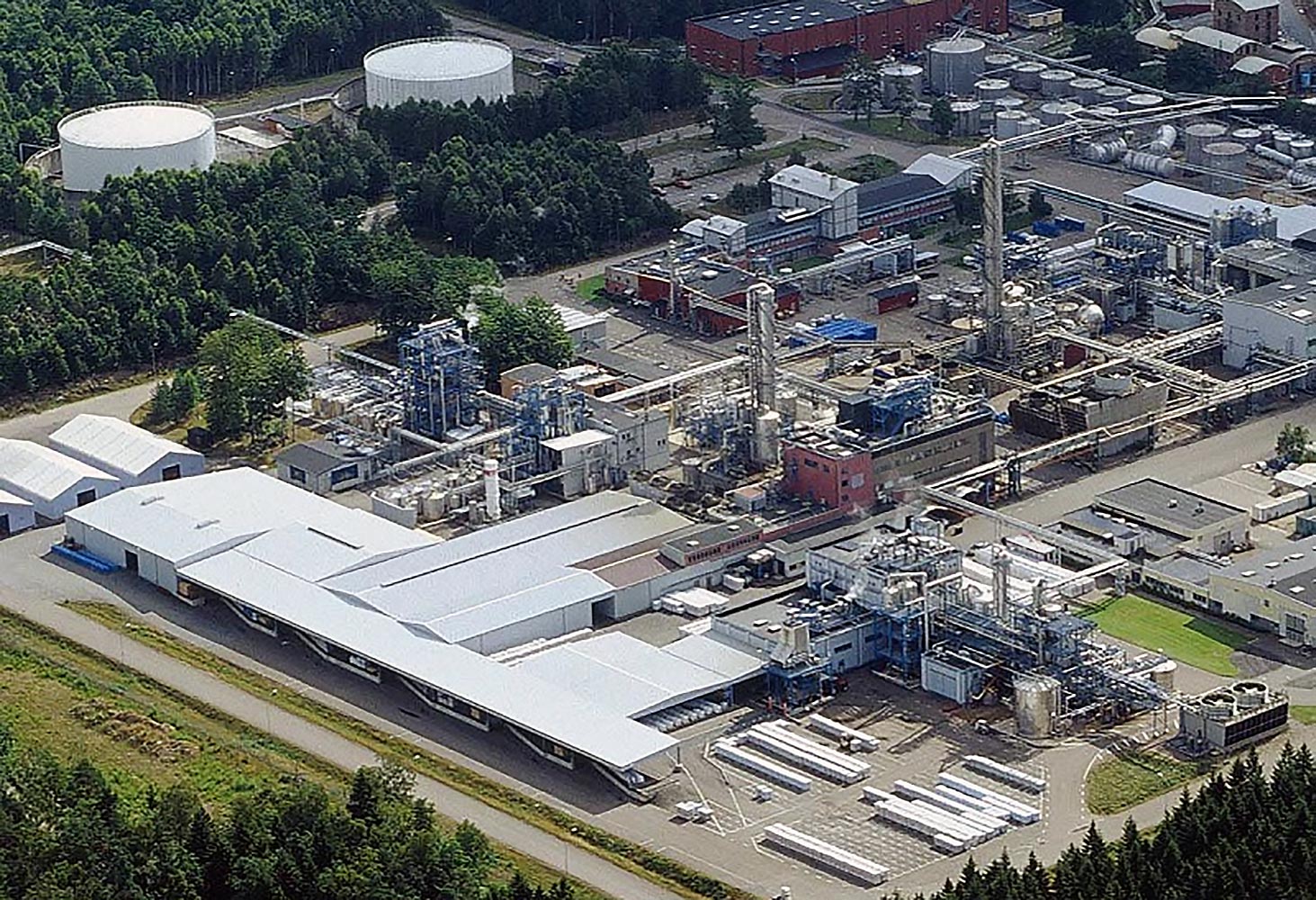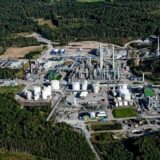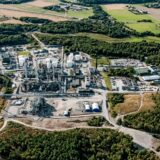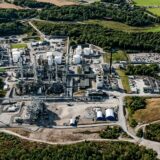
Perstorp to switch to Pro-Environment polyol grades by 2023
Perstorp, based in Malmö, Sweden, will convert a large majority of the polyols produced at their largest production plant in Perstorp, Sweden, to Pro-Environment products. By converting all base polyols produced at their Perstorp plant – pentaerythritol (Penta), neopentyl glycol (Neo) and trimethylolpropane (TMP) – to Pro-Environment, Perstorp will enable the reduction of greenhouse gas emissions (GHG) for its polyol customers and downstream value chains.
Neopentyl glycol is used in the synthesis of polyesters, paints, lubricants, and plasticizers. Pentaerythritol is a building block for the synthesis and production of explosives, plastics, paints, appliances, cosmetics, and many other commercial products. Trimethylolpropane is a widely used building block in the polymer industry.
From 2023, all fossil versions of the base polyols produced at the Perstorp plant will be replaced by Pro-Environment grades (Voxtar, Evyrone & Neeture) with partly renewable or recycled origin, based on a traceable mass-balance concept.
Perstorp introduced the first Pro-Environment polyol in 2010. In 2017, Perstorp announced the long-term ambition to become Finite Material Neutral. Since late 2021, the company has set science-based emission reduction targets aligned with the Paris agreement. The transition to Pro-Environment polyols will significantly reduce Perstorp’s usage of finite materials, and will also provide the market with products with a lower carbon footprint, hence contributing towards Perstorp, and its customers, reaching their Scope 3 reduction targets.
The Pro-Environment products are certified with ISCC PLUS, and are identical to the fossil-based versions, meaning that they are drop-in replacements. The products benefit customers and the value chain by reducing greenhouse gas emissions and by supporting the transition to renewable or recycled materials.
“Phasing out the fossil base polyols produced at the site in Perstorp is a bold move, but we are convinced that this is the only way forward for us, as an industry, to align with the Paris Agreement and significantly reduce greenhouse gas emissions.” says Jan Secher, CEO of Perstorp Group. “As an upstream company in the chemical industry we can, and should, make a positive impact across multiple value-chains by offering products with a reduced carbon footprint.”
Last month, Malaysia’s state-owned PETRONAS Chemicals Group Berhad (PCG) announced that it was acquiring Perstorp Holding AB for EUR1,538.0 million (USD1.6 billion).
.gif)











.png)

